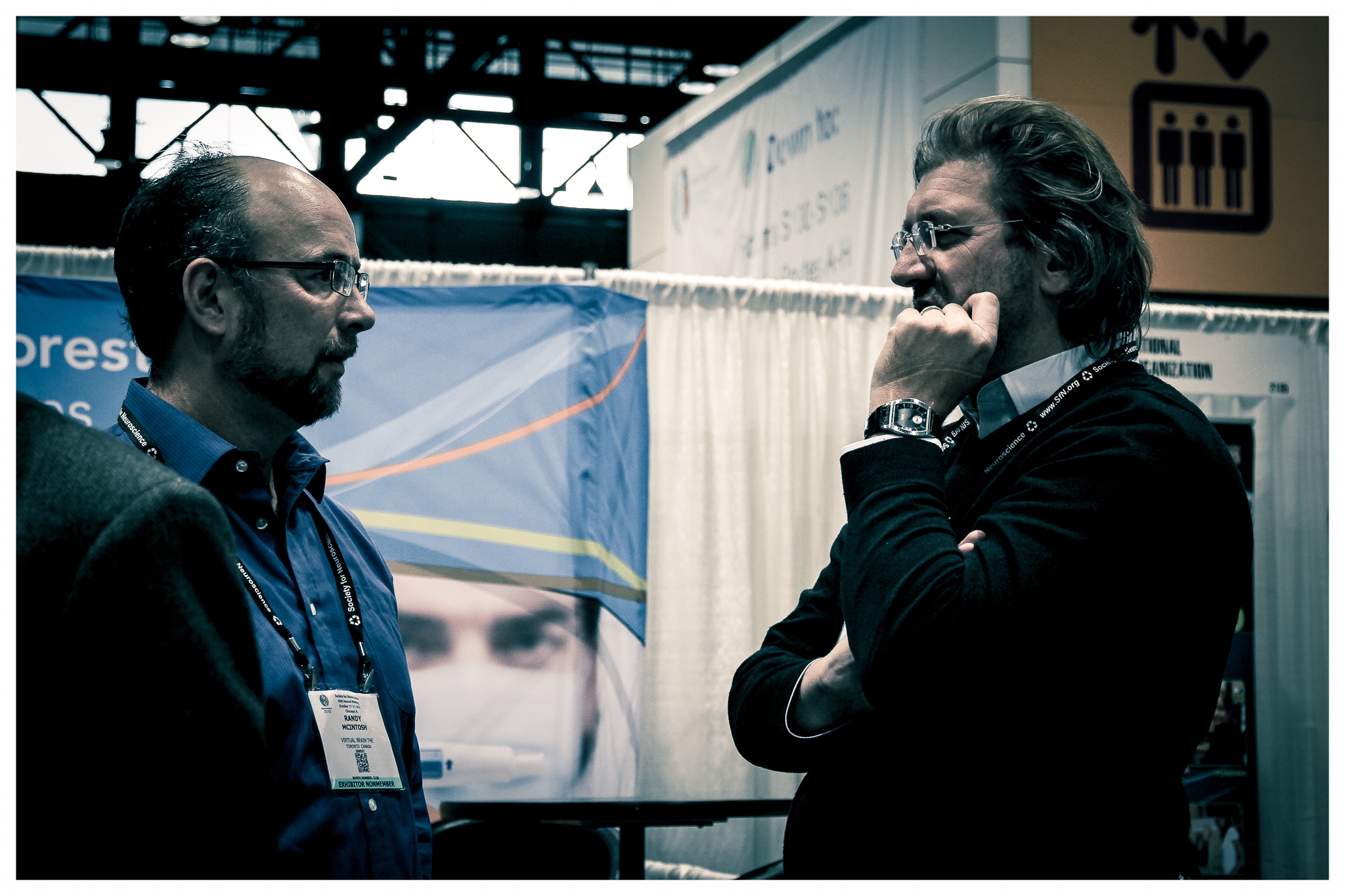BY RANDY MCINTOSH
When I pulled together the first blog for our new website, I wrote down my ”to do” list for the coming year that by most measures would be unattainable, maybe even in a lifetime. It was funny that some readers thought that I was really going to do all that.
I am a pretty good learner, but horrible time manager. It’s easy to pile on new projects and ideas because we scientists are a curious bunch by nature. There are tons of time management techniques out there, but most of us continue to add items to our own list before we’ve finished other things. Some of it is the pressure of the academic setting (grants, promotion & tenure, publications, etc.), some of it is the seduction of the intellectual smorgasbord that is science. We can’t help it.
As our lists grow, we face the challenge of quantity and quality of our work. I think we are still in the phase of neuroscience where a lot gets published, and less gets synthesized. It’s probably an inevitable cycle of science evolution that technological advances lead to an explosion of new studies. We will soon be faced with sifting through all of it to decide what have we learned about the brain, and what new questions have come out of all this? We may already be at that point, but to pause and really answer that may require learning from each other where things have worked and where they have not. For example, the recent flurry of activity around functional connectivity as measured by fMRI and whether these measures are dynamic or relatively static is a prime topic (see "On the Stability of BOLD fMRI Correlations " and "Replicability of time-varying connectivity patterns in large resting state fMRI samples"). Another is the degree to which optogenetic manipulations reflect focal effects or circuit reconfiguration that obscure interpretation. These issues won’t be solved by one paper from one lab.
Scientists need to be life-long learners because Science Is Hard. Maybe our tendency to pile on comes from the feeling that if we just got that one thing under our belt, we would be “ready”. Maybe that’s part of what leads to the “imposter syndrome” for many of us.
Science is hard because it’s cyclic and incremental. It is the art of discovery. We don't know the answer so often we aren’t sure if we are even asking the right question. Being a good scientist means being okay with the uncertainty.



